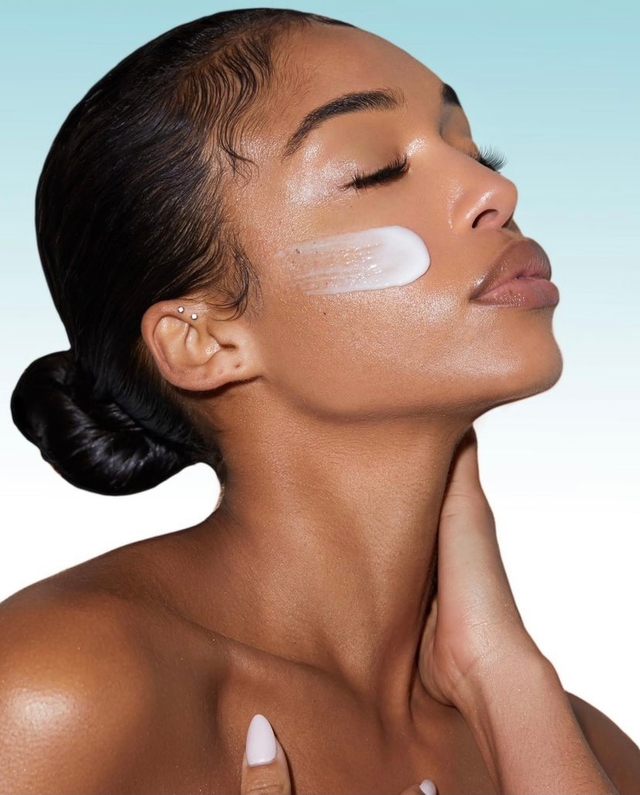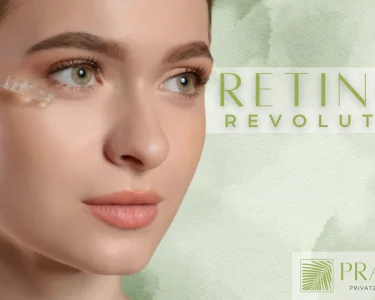Introduction:
In the realm of skincare and dermatology, understanding the effects of hyperpigmentation on various skin types is paramount. Particularly for individuals with Black complexions, hyperpigmentation can present unique challenges and concerns. In this enlightening exploration, guided by the expertise of Dr. Howard Murad, a renowned authority in dermatology and skincare, we delve into the science of melanin, hyperpigmentation, and its specific impact on Black skin.
Meet Dr. Howard Murad: Dr. Howard Murad, a distinguished figure in the field of dermatology, brings a wealth of knowledge and experience to our discussion. His insights into skincare and the science of skin health are invaluable, shedding light on hyperpigmentation and its effects on Black complexions.

The Science Behind Hyperpigmentation:
Let’s begin our journey by comprehending the mechanisms and science underlying hyperpigmentation, a condition that affects skin tones across the spectrum.
1. Understanding Melanin
Melanin, the pigment responsible for skin, hair, and eye color, plays a crucial role in determining how our skin responds to various factors like sun exposure and inflammation.
2. Hyperpigmentation: Causes and Types
Hyperpigmentation occurs when melanin production becomes irregular. Causes include UV exposure, inflammation, and hormonal fluctuations. For individuals with Black skin, post-inflammatory hyperpigmentation (PIH) and melasma are common concerns.
3. Impact on Black Complexions
Black skin, with higher melanin levels, is more prone to specific types of hyperpigmentation. Understanding these variations is essential for effective skincare and treatment.
Strategies for Managing Hyperpigmentation in Black Skin:
Now that we grasp the intricacies of hyperpigmentation in Black complexions, let’s explore effective strategies for managing and minimizing its effects.
1. Sun Protection
Sunscreen is crucial for preventing further hyperpigmentation. For Black skin, a broad-spectrum sunscreen with a higher SPF is advisable to protect against UV-induced pigmentation.
2. Topical Treatments
Ingredients like hydroquinone, kojic acid, and vitamin C can help manage hyperpigmentation in Black skin. However, it’s essential to consult a dermatologist for personalized recommendations.
3. Professional Treatments
Chemical peels, microdermabrasion, and laser therapies administered by professionals can significantly reduce hyperpigmentation in Black skin, promoting a more even complexion.
Comparative Table: Hyperpigmentation Management – Over-the-Counter vs. Professional Treatments
| Aspect | Over-the-Counter Treatments | Professional Treatments |
|---|---|---|
| Effectiveness | Mild | Significant |
| Application Frequency | Daily | Spaced out sessions |
| Monitoring | Self-monitoring | Dermatologist oversight |
Conclusion:
Understanding hyperpigmentation’s effects on Black complexions is a crucial step toward fostering a holistic approach to skincare. Dr. Howard Murad’s insights provide us with a foundation to appreciate the complexities of skin health, encouraging informed choices in skincare routines and treatments.
In this article, we delved into the realm of hyperpigmentation, particularly its impact on Black skin, guided by the expertise of Dr. Howard Murad. Armed with this knowledge, embrace a skincare regimen tailored to your unique needs, celebrating the beauty of diversity, one complexion at a time. Stay tuned for more skincare insights and discoveries, presented by Lifestyle and Dr. Howard Murad.




